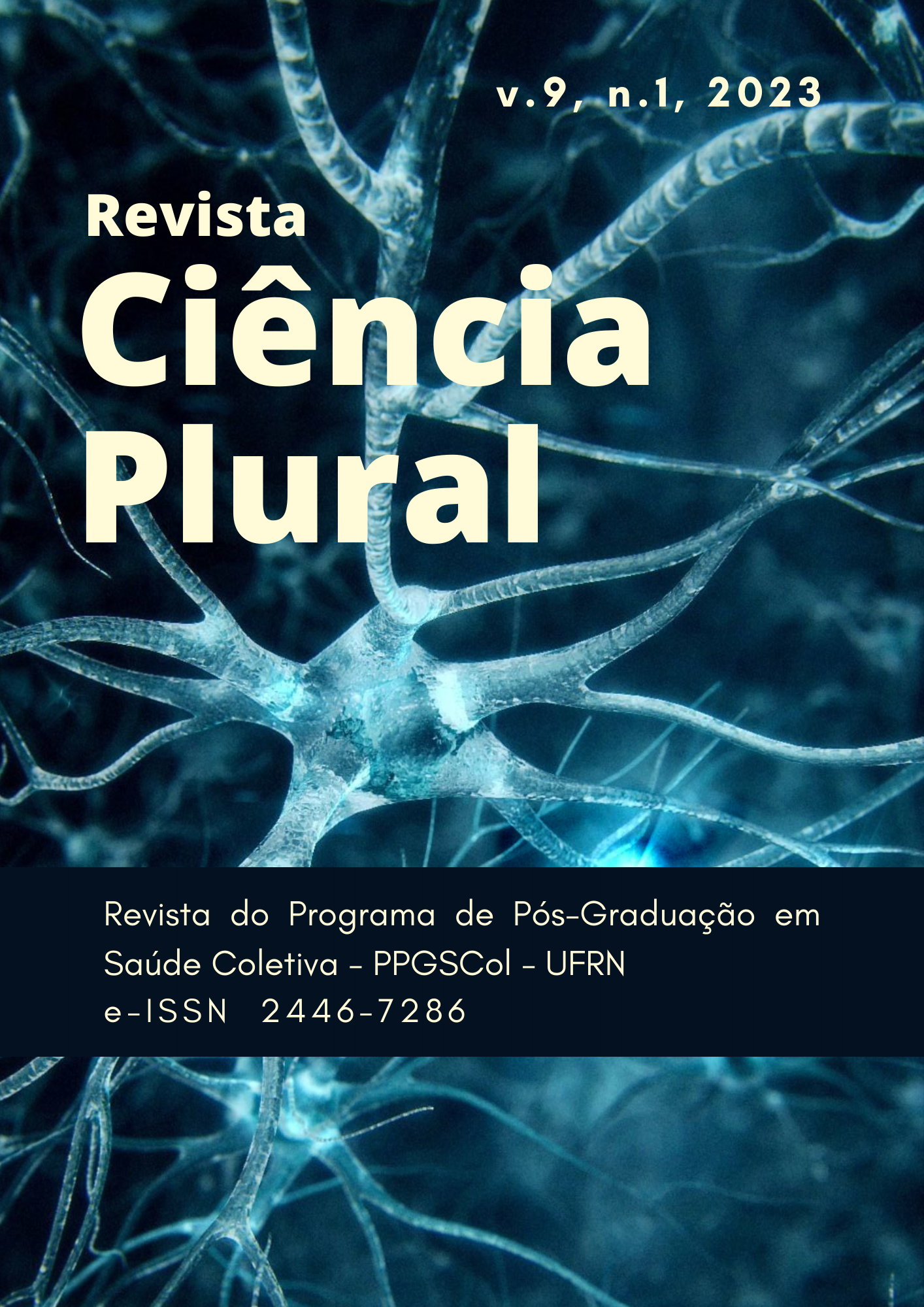Quota system and academic performance: sectional study in a brazilian public university
DOI:
https://doi.org/10.21680/2446-7286.2023v9n1ID29265Abstract
Introduction: The quota law (nº 12.711/2012) was created with the objective of providing opportunities for students from public schools to enter federal universities. Since then, additional measures have been taken to ensure not only the access, but the permanence of these students in universities. Objectives: This study aimed to assess the academic performance of quota students (QS) and non-quota students (NQS) at the Faculty of Dentistry of the Federal University of Pará. Methods: Data were collected from students enrolled in the years 2020 and 2021 through an online questionnaire and the academic history of the volunteers was analyzed. Data analysis was performed with Jamovi software version 1.6.23, using the chi-square test, Student's t test for independent samples, and multivariate linear regression analysis. In all analyses, a significance level of 0.05 was adopted. Results: With a response rate of 39.92% (n=200), the results showed a better academic performance for the QS with regard to the GPC- General Performance Coefficient (p=0.001). In addition, QS face more difficulties when compared to NQS students (p<0.0001). In the multiple analysis, it was found that the admission modality (QS or NQS), facing difficulties, receiving aid, and activities outside the University explained together almost 10% of the GPC variable (R² = 0.098). Conclusion: The complexity of the comparison suggests the possibility of multiple causes, including the socioeconomic factor and other difficulties experienced. Understanding and acting on these causes is of fundamental importance for the construction of a quality inclusive university.
Downloads
Downloads
Published
How to Cite
Issue
Section
License
Copyright (c) 2023 Revista Ciência Plural

This work is licensed under a Creative Commons Attribution-NonCommercial-ShareAlike 4.0 International License.
À Revista Ciência Plural ficam reservados os direitos autorais referente a todos os artigos publicados.

 Português (Brasil)
Português (Brasil) English
English Español (España)
Español (España)













